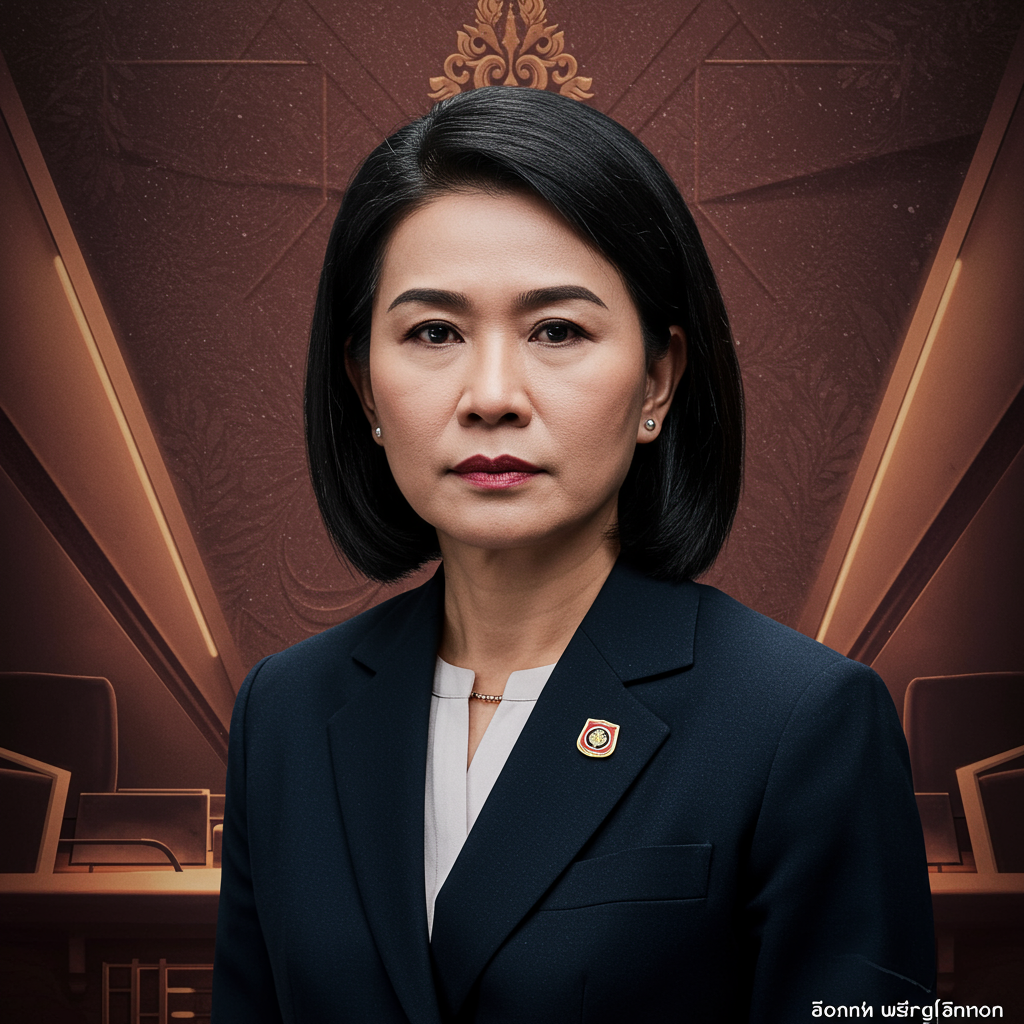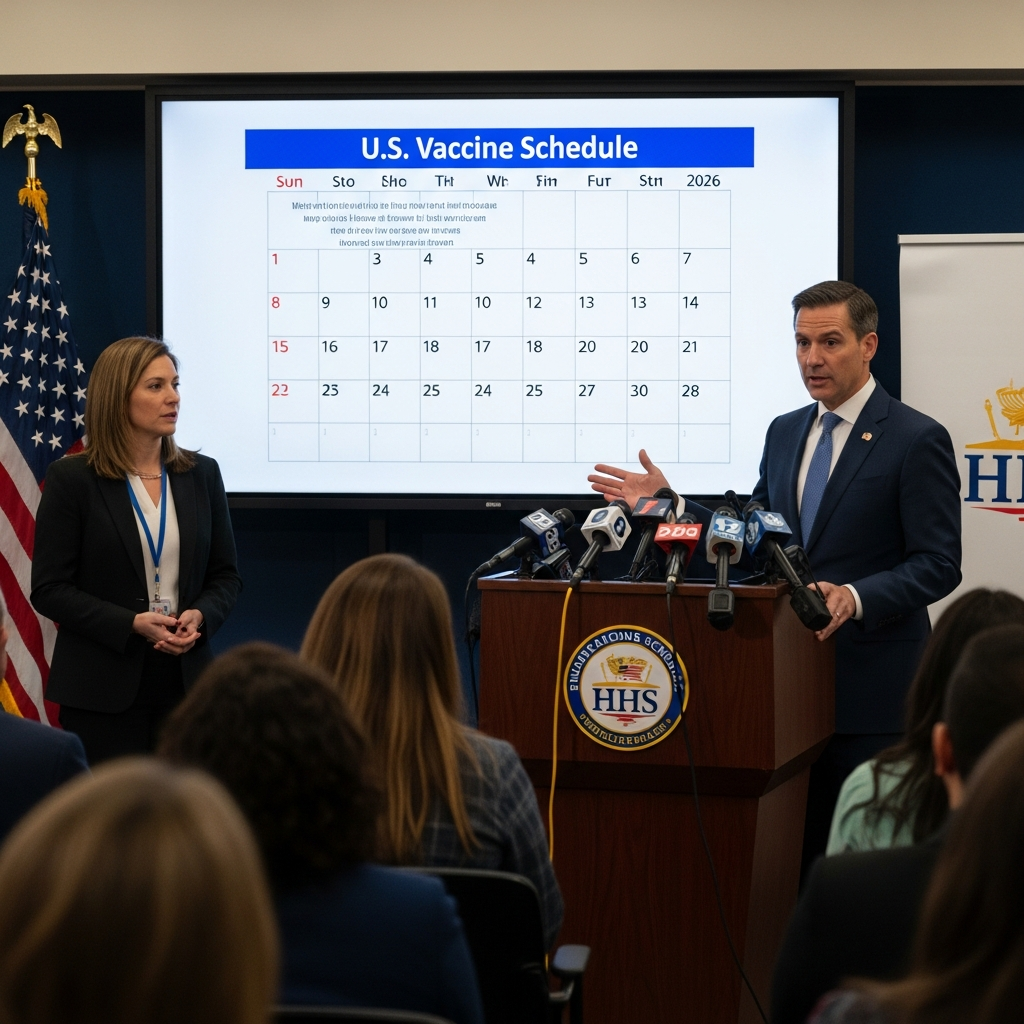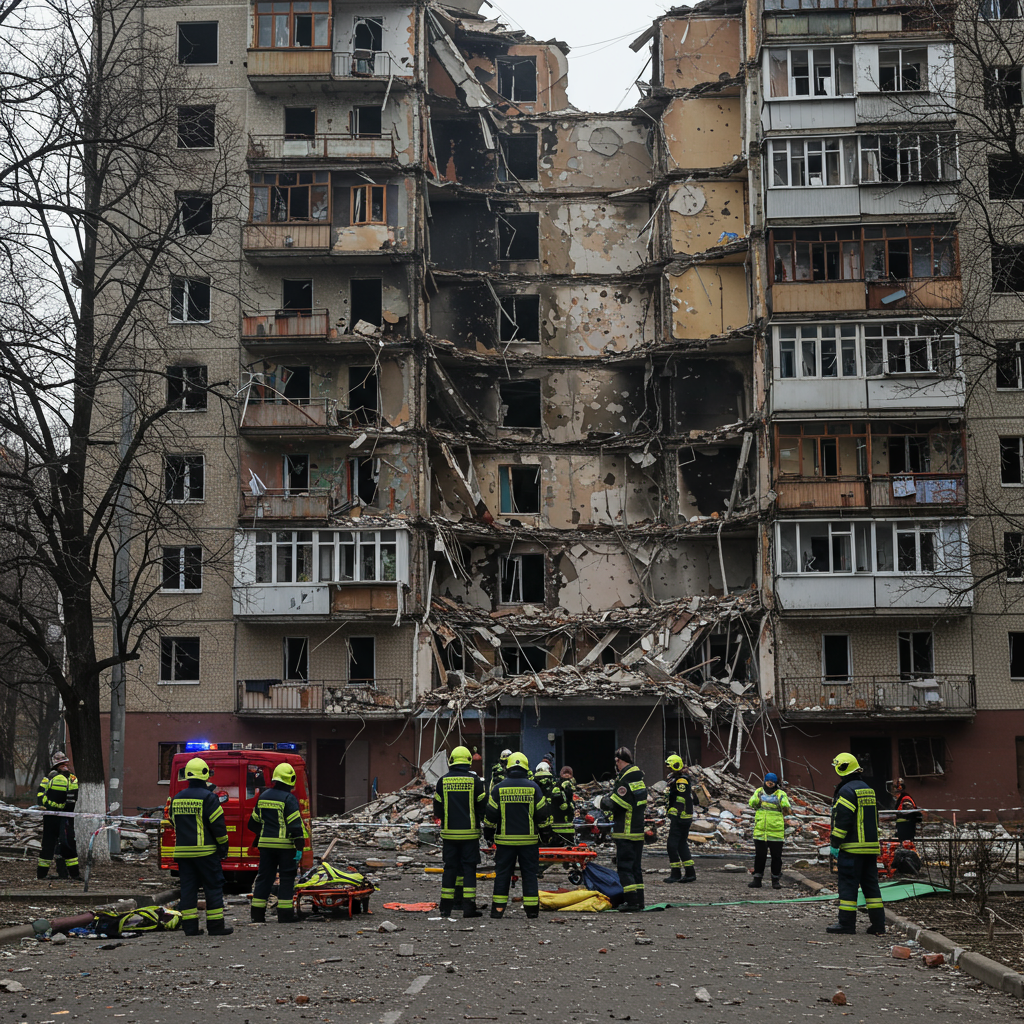Thailand’s political landscape is once again plunged into uncertainty. Prime Minister Paetongtarn Shinawatra has been suspended from her duties by the Constitutional court. This dramatic move comes amidst intense scrutiny over a leaked telephone conversation.
The court’s decision follows a petition filed by 36 senators. They accuse the Prime Minister of breaching ethical standards. The suspension is temporary while the court conducts a full ethics investigation.
Breaking Down the Suspension: What Happened?
The Thai Constitutional Court announced its decision on Tuesday, July 1, 2025. A seven-to-two majority vote by the nine judges supported the suspension. This action immediately freezes Paetongtarn’s powers as Prime Minister.
She has been granted 15 days to prepare and submit her defense to the court. This period allows her time to formally respond to the serious allegations against her. During the suspension, Deputy Prime Minister Suriya Juangroongruangkit will step in. He will serve as the caretaker Prime Minister to ensure government continuity.
The Leaked Call Controversy: Why Now?
The heart of the controversy lies in a leaked phone conversation from June 15, 2025. The call was between Prime Minister Paetongtarn and Cambodia’s influential former leader, Hun Sen. The discussion reportedly aimed to ease escalating border tensions between the two countries.
However, sensitive remarks within the call ignited public and political anger. Paetongtarn reportedly addressed Hun Sen, a close friend of the Shinawatra family despite recent reports of cooling relations, using the familiar term “uncle.” More critically, she was heard criticizing a senior Thai military commander. She also allegedly offered assurances, stating that if there was anything Hun Sen wanted, she would “take care of it.”
This exchange occurred against a backdrop of renewed tension over a long-standing border dispute. A clash on May 28 resulted in the death of a Cambodian soldier. The leaked audio fueled accusations that Paetongtarn was appeasing Cambodia and undermining Thailand’s military and national interests. Protest groups quickly emerged. They demanded her resignation, with thousands gathering in Bangkok, chanting slogans like “Ung Ing, step down” (using her nickname) and carrying signs labeling her a “traitor” and “sell out.”
The Accusations and Defense
The ethics petition from the 36 senators specifically accuses Paetongtarn of dishonesty. It claims she breached constitutional ethical standards through her conversation with Hun Sen. The accusations center on her perceived betrayal of national interests and her handling of the sensitive border issue and military relations.
Prime Minister Paetongtarn has publicly responded to the controversy. She apologized to the Thai people who are frustrated by the situation. However, she defended her actions, stating the purpose of the call was “more than 100%… for the country.” She insisted her intention was only to avoid “chaos, fighting and loss of lives.” Paetongtarn explained her comments were a “negotiating tactic.” She urged listeners to understand she had no ill intentions or self-interest in the matter.
A History Repeats? The Shinawatra Legacy & Court Power
This suspension places Paetongtarn, 38, as the latest figure from the powerful Shinawatra clan to face political challenges via judicial means. Her father, billionaire former Prime Minister Thaksin Shinawatra, was ousted in a 2006 coup. Her aunt, Yingluck Shinawatra, was removed by a court ruling in 2014, followed by another coup. The Shinawatra family and their allies have dominated elections for two decades but have consistently faced opposition from conservative military and royalist establishments.
The situation underscores the significant and controversial power of Thailand’s Constitutional Court. Critics argue the court’s decisions are frequently used to target political opponents and unmake governments. Since 2006, the court has dissolved 34 political parties. This includes the reformist Move Forward party. Move Forward won the most seats and votes in the 2023 election but was blocked from forming a government. Titipol Phakdeewanich, a political science lecturer, described this recurring pattern as a deviation from a true political process. However, he noted that the controversial nature of the leaked call might lend some perceived legitimacy to the suspension among the public.
Navigating a Fragile Political Landscape
Paetongtarn’s government, led by the Pheu Thai party, was already navigating a precarious political environment. Just weeks before her suspension, a key conservative ally abandoned the ruling coalition. This left the government with a razor-thin majority in parliament. The fragile position raises concerns about its stability and vulnerability to a potential no-confidence vote.
Beyond the coalition challenges, Paetongtarn’s government has struggled to revive Thailand’s weak economy. Public support for her has also declined sharply. A recent opinion poll conducted from June 19-25 showed her approval rating dropped to a low of 9.2%. This is a significant fall from 30.9% in March. The mounting political pressure and declining popularity add to the severity of the current situation.
Father’s Shadow: Thaksin’s Own Legal Battles
Adding another layer to the turmoil, Paetongtarn’s suspension occurred on the same day her father, Thaksin Shinawatra, faced his own legal troubles. Thaksin, 75, who returned to Thailand in 2023 after 15 years in exile, appeared in court facing charges of insulting the monarchy. The charge relates to a 2015 interview he gave to South Korean media.
Thaksin’s return was widely seen as part of a complex political compromise. It involved the Pheu Thai party and previously antagonistic conservative forces, including the military and groups aligned with the monarchy. He remains a high-profile figure facing Thailand’s strict lese-majeste law. Furthermore, the Supreme Court is scrutinizing his controversial six-month hospital stay. This review could potentially lead to his return to jail this month, compounding the Shinawatra family’s legal and political woes.
What Happens Next?
For now, Prime Minister Paetongtarn Shinawatra’s authority is suspended. Deputy PM Suriya Juangroongruangkit takes over caretaker responsibilities. Paetongtarn retains a position in the cabinet, however. Just hours before her suspension, she was appointed Culture Minister in a cabinet reshuffle approved by the King. This new role aligns with her previous advocacy for using Thailand’s “soft power,” such as cuisine and culture, for international influence.
The Constitutional Court will now deliberate on the ethics case against her. Paetongtarn must present her defense within 15 days. The court’s final ruling could potentially lead to her permanent dismissal from the premiership. Such an outcome, following the recent dismissal of her predecessor Srettha Thavisin by the same court, would mark another significant upheaval in Thai politics and for the Pheu Thai party.
Frequently Asked Questions
What exactly was said in the leaked phone call that caused the suspension?
The leaked call on June 15, 2025, involved Thailand’s PM Paetongtarn Shinawatra and former Cambodian leader Hun Sen. Key controversial remarks included Paetongtarn addressing Hun Sen as “uncle,” criticizing a senior Thai military commander, and stating she would “take care of it” if Hun Sen wanted something. Occurring during heightened border tensions, these comments fueled accusations that she undermined national interests and appeased Cambodia.
What is the role of the Thai Constitutional Court in this suspension and in Thai politics generally?
Thailand’s Constitutional Court holds significant power. In this case, it suspended the Prime Minister based on an ethics petition from senators, pending an investigation. The court has a history of intervening in politics; since 2006, it has dissolved 34 parties and removed multiple prime ministers. Critics argue its power to “unmake governments” is often used for political purposes, contributing to Thailand’s instability.
What are the potential outcomes of the court’s ethics investigation against the Prime Minister?
After reviewing Paetongtarn’s defense, the Constitutional Court will issue a final ruling. The outcomes range from clearing her of the charges, allowing her to resume her duties, to finding her guilty of breaching ethics. A guilty verdict could lead to her permanent dismissal as Prime Minister. While suspended from the top job, she currently retains her cabinet position as Culture Minister.
Conclusion
The suspension of Prime Minister Paetongtarn Shinawatra by the Constitutional Court represents a critical juncture in Thai politics. Triggered by a controversial leaked phone call amidst border tensions and existing political fragility, the decision highlights the deep-seated power struggles and the influential role of the judiciary. As Paetongtarn prepares her defense, the outcome of the ethics investigation will significantly impact not only her future but potentially the stability of Thailand’s government and the ongoing saga of the Shinawatra family’s engagement with the country’s political establishment. The coming weeks will be crucial in determining the next chapter of this unfolding political crisis.



